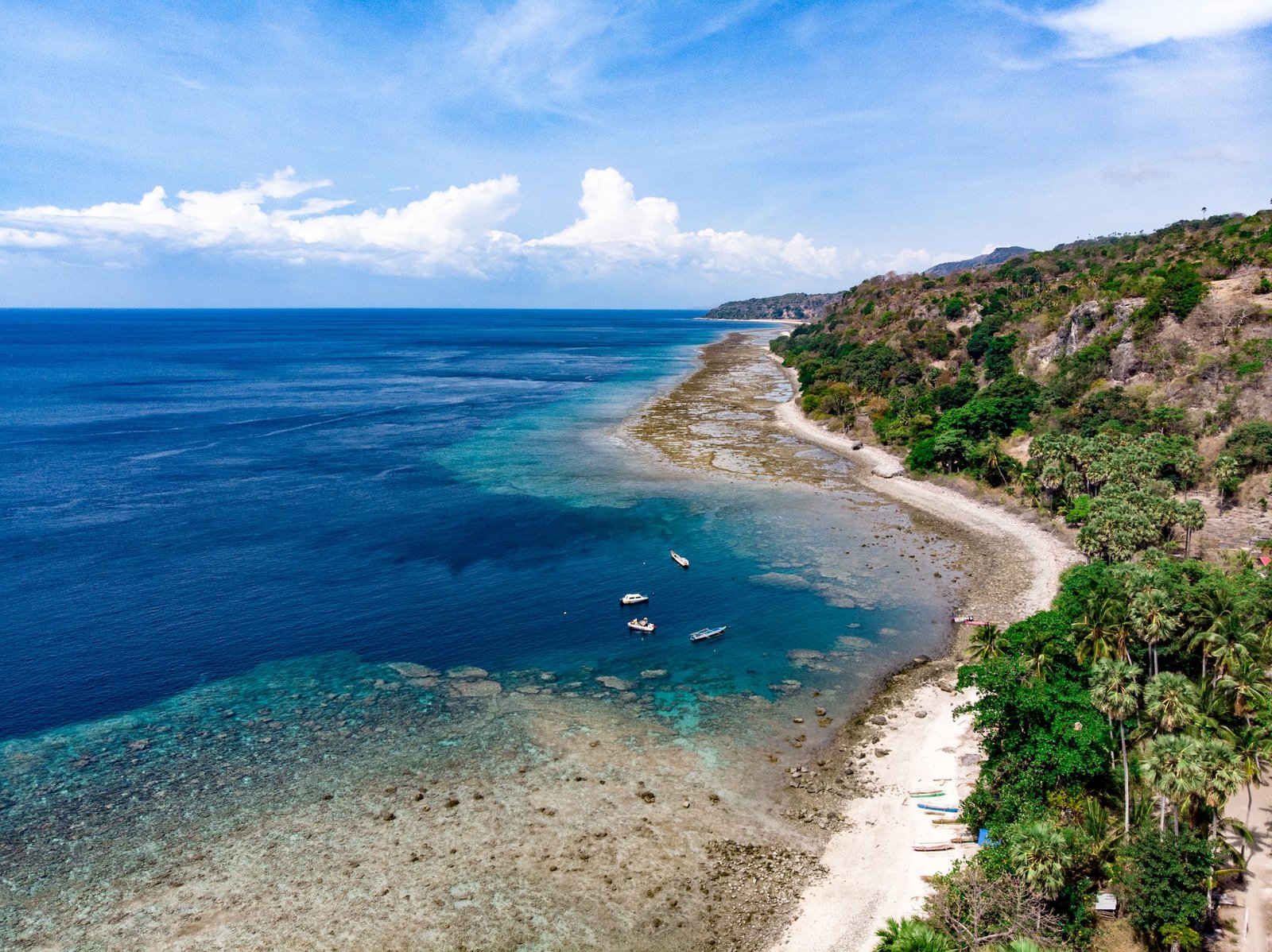 Teach English in Timor-Leste (East Timor)
Teach English in Timor-Leste (East Timor)With only a short 1.5hr flight from Darwin, Teaching English in Timor-Leste is an opportunity to make a meaningful impact in a country that is striving to build its future through education and global engagement. You can help empower young Timorese with the language skills they need to access better education, employment opportunities, and international connections.
As English becomes increasingly important in the global economy, your contribution can open doors for students, enabling them to participate more fully in the world. Moreover, teaching in Timor-Leste offers a unique chance to immerse yourself in its rich culture, learn from its resilient people, and be part of the positive change in a nation with a remarkable history and a bright future.
Timor-Leste offers a mix of cultural, historical, and natural attractions that showcase its rich heritage and stunning landscapes. Here are five things to see and do in Timor-Leste:
Explore Dili: The capital city, Dili, is a great starting point to understand the country’s history and culture. Visit the iconic Cristo Rei statue for panoramic views of the city and the coastline, and explore the Resistance Museum to learn about Timor-Leste’s struggle for independence.
Visit Atauro Island: Just a short boat ride from Dili, Atauro Island is a paradise for divers and snorkelers, known for its vibrant coral reefs and abundant marine life. The island also offers hiking opportunities and a chance to experience the local way of life in its small fishing villages.
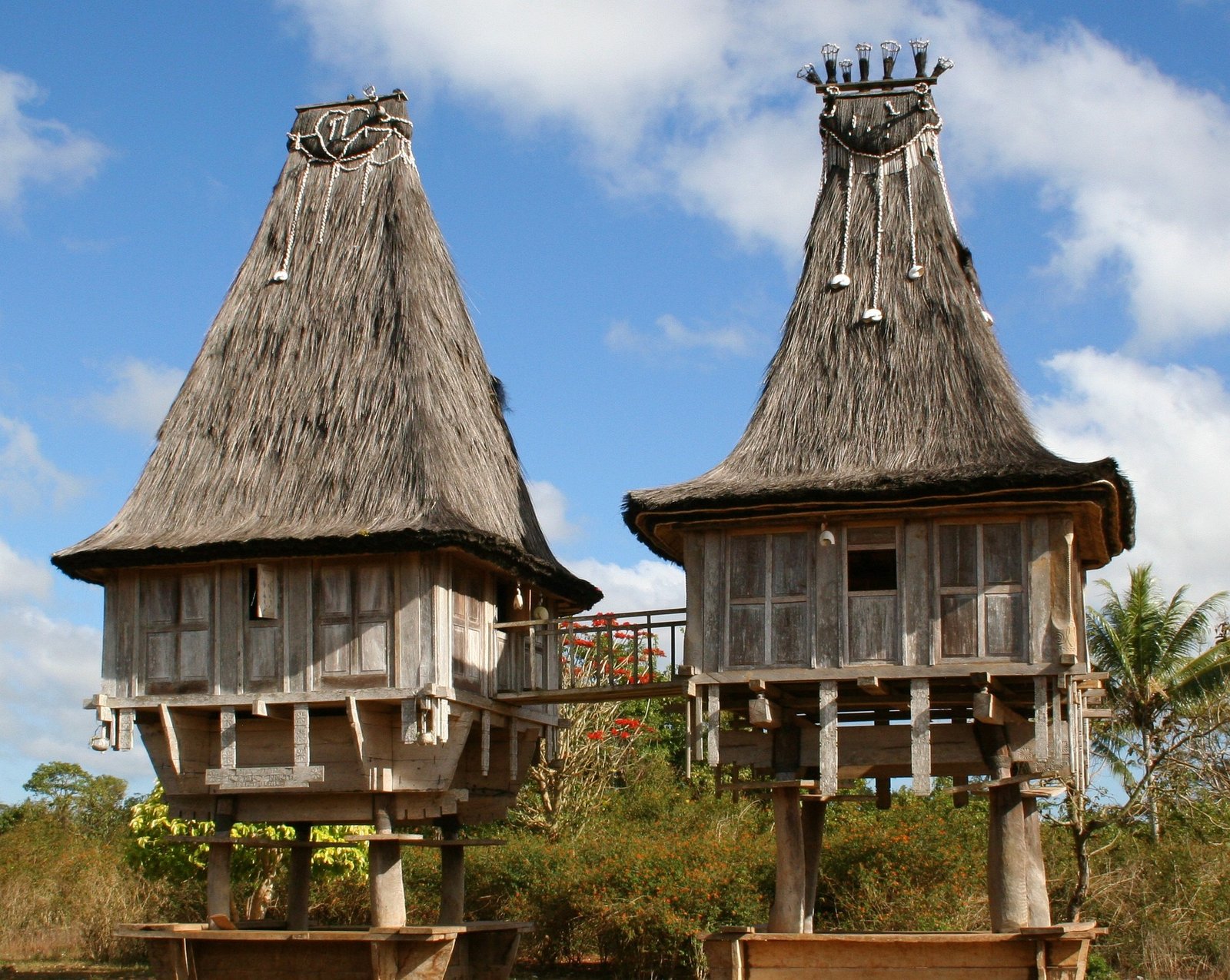
Image by Roger King
Discover the Coffee Plantations of Maubisse: Located in the mountains, Maubisse is famous for its cool climate and coffee plantations. Take a tour of a coffee farm to see how the country’s renowned coffee is produced and enjoy the breathtaking views of the surrounding hills.
Hike Mount Ramelau: For adventure seekers, climbing Mount Ramelau, the highest peak in Timor-Leste, is a must. The trek is challenging but rewarding, with stunning views of the sunrise over the mountains and a chance to visit the sacred statue of the Virgin Mary at the summit.
Explore Jaco Island: Jaco Island, located at the eastern tip of the country, is an uninhabited paradise with pristine white sand beaches and crystal-clear waters. It’s part of the Nino Konis Santana National Park, making it a perfect destination for nature lovers and those seeking tranquility and untouched beauty.
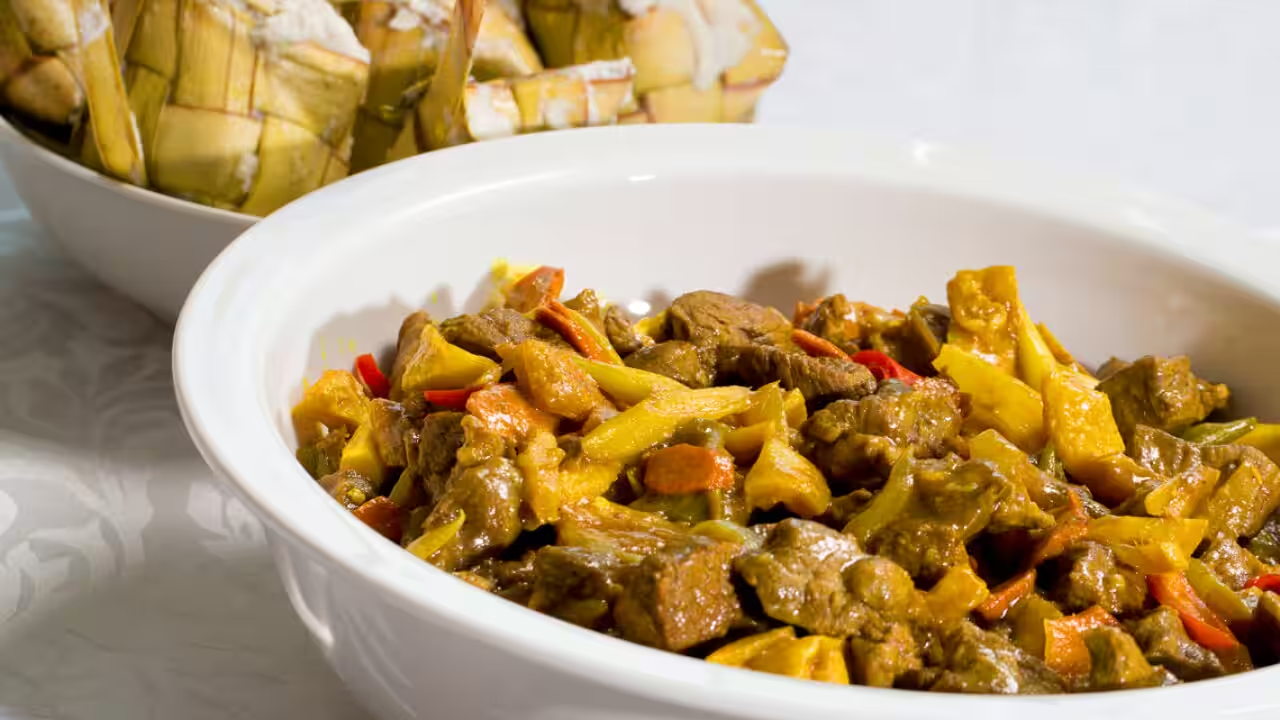
Image by SBS Food
Timor-Leste’s cuisine is a delightful blend of indigenous flavours, Portuguese influence, and Southeast Asian elements, offering a unique and varied culinary experience. Here are some highlights of the food you can enjoy in Timor-Leste:
Ikan Sabuko: This is a popular dish consisting of grilled fish, often marinated with tamarind, lemon, and local spices. It’s usually served with rice, vegetables, and sometimes a spicy sambal sauce.
Batar Da’an: A traditional Timorese corn and mung bean stew, Batar Da’an is a hearty and comforting dish. It’s often cooked with pumpkin or squash and flavored with garlic, onions, and sometimes coconut milk.
Katupa: This is a traditional dish made from rice that is cooked in coconut milk and then wrapped in woven palm leaves. Katupa is often served during special occasions and religious festivals, pairing well with curries or grilled meats.
Tukir: A common street food, Tukir is a type of skewer usually made from chicken, pork, or beef. The meat is marinated in a mix of spices and grilled over an open flame, offering a flavorful snack or meal.
Portuguese-Inspired Pastries: Due to the Portuguese colonial influence, Timor-Leste has a variety of delicious pastries. Pastel de nata (custard tarts) and other sweet treats like pão de queijo (cheese bread) can be found in local bakeries and cafes.
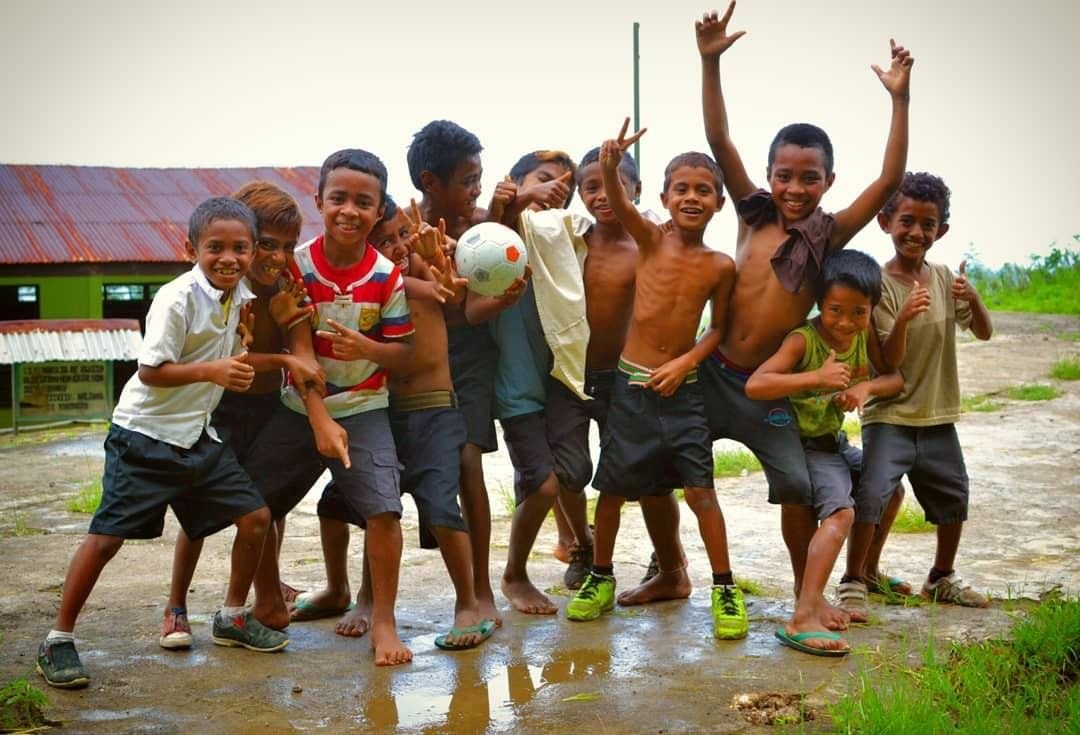
Image by Visit East Timor
Timor-Leste’s people and culture are rich in tradition, resilience, and community spirit. Here are ten things to know about the people and culture of this fascinating country:
Strong Family Bonds: Family is central to Timorese culture. Extended families often live together or near each other, and there is a strong sense of collective responsibility and support within the family unit.
Cultural Festivals: Timor-Leste celebrates a variety of cultural and religious festivals. One of the most important is the Feast of San Antonio, celebrated with traditional dances, music, and ceremonies in honor of the patron saint of Dili.
Traditional Weaving (Tais): Tais is a traditional handwoven textile that plays a significant role in Timorese culture. It is used in ceremonies, given as gifts, and worn during important events. Each region has its own unique designs and patterns.
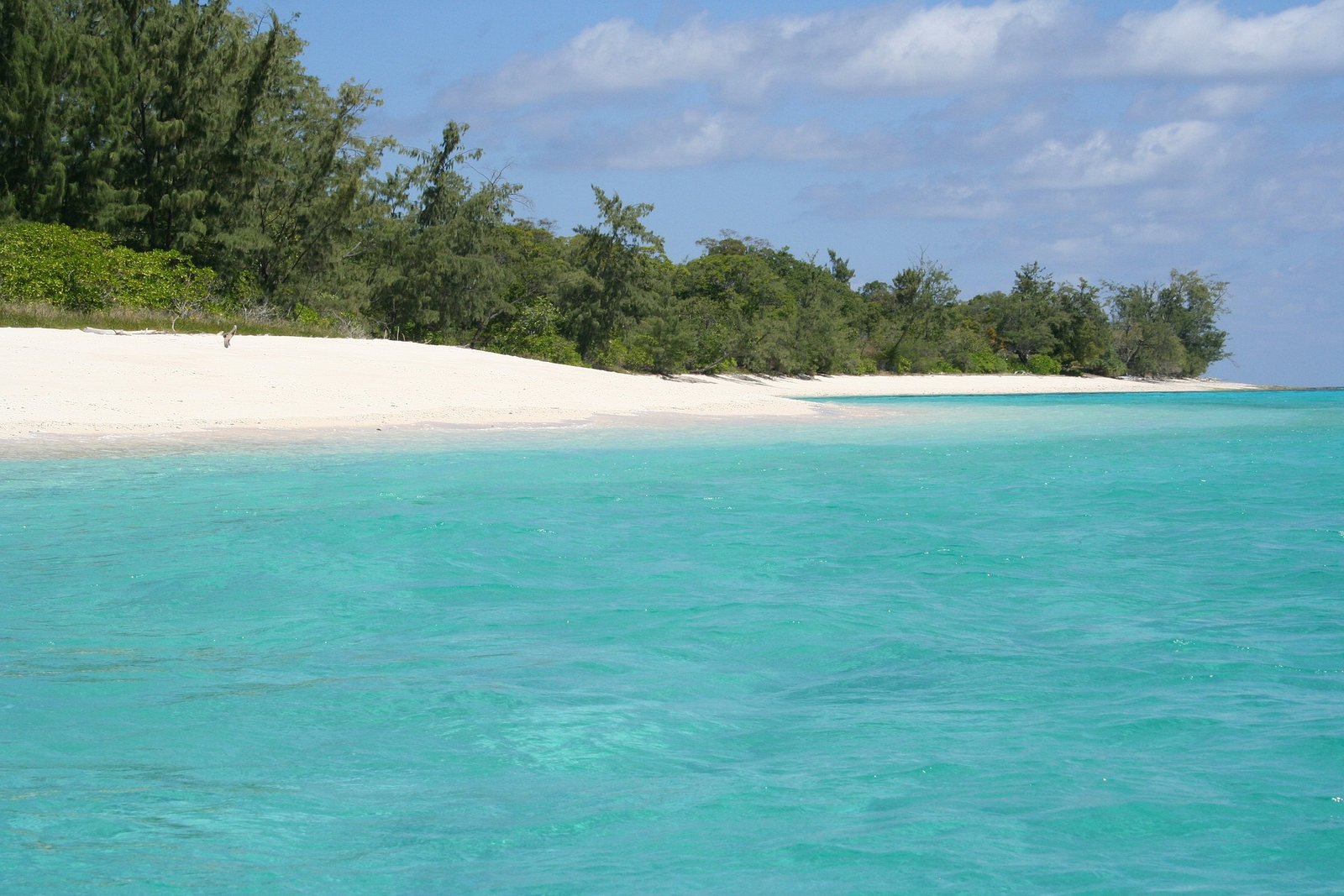
Image by Roger King
Music and Dance: Traditional music and dance are vital parts of Timorese culture. The Likurai dance, once performed to celebrate warriors returning from battle, and the tebe-tebe dance, often performed at weddings and festivals, are examples of the country’s rich dance traditions.
Oral Traditions: Storytelling is a key aspect of Timorese culture. Oral traditions are used to pass down history, morals, and cultural practices from one generation to the next, often through folktales, myths, and legends.
Hospitality and Warmth: Timorese people are known for their hospitality and warmth. Visitors to the country often remark on the friendliness of the locals, who are eager to share their culture, traditions, and stories with guests. This sense of community extends to their willingness to help and welcome strangers into their homes.

Image by Visit East Timor
All that is required to teach English in Timor-Leste is a TESOL Certification, such as TESOL Australia’s exclusive International TESOL Certificate.
Teaching English in Timor-Leste is a chance to make a lasting difference in a country that is eager to connect with the global community. By sharing your language skills, you can empower students with opportunities for better education and employment, while also gaining a deeper understanding of Timor-Leste’s rich culture and resilient people. This experience allows you to contribute to the nation’s development and immerse yourself in a unique environment, where your efforts will be valued and impactful. Join the movement to help build a brighter future for Timor-Leste through education.